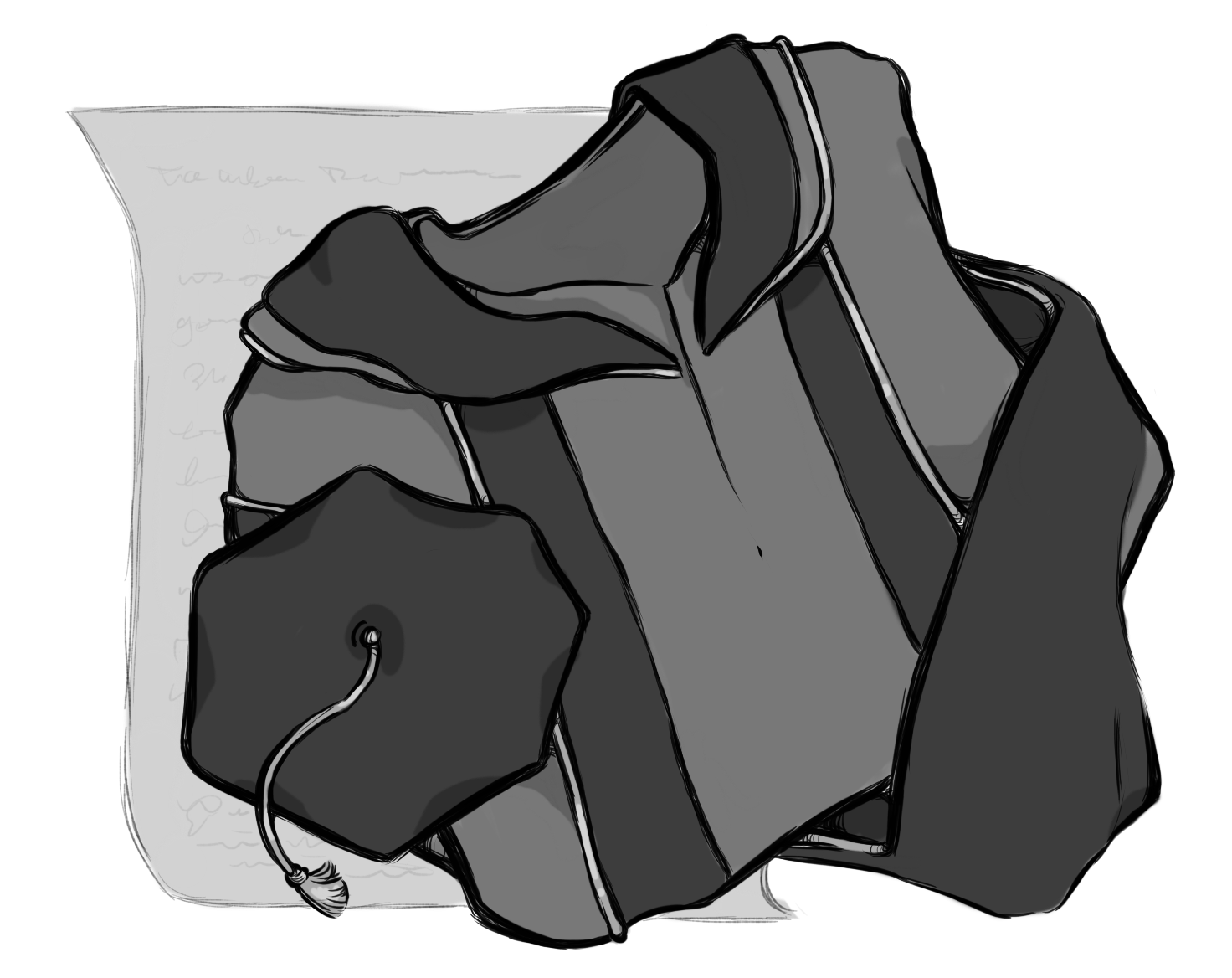
Many professors at Lewis & Clark are hired with the expectation that they will eventually receive tenure, a sought-after position in which their job at LC is almost completely secure. However, professors must go through a lengthy review process before they achieve this position — and if their evaluation doesn’t go well, they will likely lose their job at LC.
Bruce Suttmeier, Associate Dean of Faculty Development, works with every professor who goes through the tenure review process. Suttmeier said that at LC, “we hire people with the expectation that they are an excellent scholar, they are an excellent teacher, we want them to get tenure.” Untenured professors undergo review by three faculty members during their second and fourth years. Then, during their sixth year, untenured professors are evaluated and either receive tenure or are rejected.
If a professor receives tenure after the review process is over, they are essentially guaranteed a permanent teaching position at LC. However, if they are denied tenure, the impact on their career can be devastating.
“What often happens is that they’ll go to another institution, or they’ll leave academia,” Suttmeier said.
Professors who do not receive tenure are allowed one more year in their teaching position at LC before being dismissed from the campus. In rare cases, rejected professors are allowed non-teaching positions at LC, but it is more common for them to leave the campus altogether.
“In the cases that someone goes up for tenure and does not get it, it’s terrible, mostly for the person who is denied tenure. But it also takes a toll on the department and on the community as a whole… If you don’t get tenure, your life changes completely. It’s a very serious and very important process,” Suttmeier said.
The tenure review process begins in the summer before the professor’s sixth year at LC. Any professor undergoing review gives Suttmeier a packet of their scholarly work, which Suttmeier then sends to four professors in the same field who work outside of the college. After the four external professors evaluate the candidate’s work, Suttmeier takes “their entire file of all their scholarship, all their teaching, and all of their service to the college” and passes it onto the other educators in the professor’s department.
William Pritchard, the Chair of the English Department, said that the peer- review aspect of his tenure evaluation didn’t cause much tension between him and his fellow professors.
“I don’t think people feel like the department is doing something secretly, that they don’t know about,” Pritchard said. However, he added that “in larger departments, in larger universities, there are more likely to be fights and factions in departments. If it were a department of 25 people, or 20 to 30 tenured faculty, you’re less likely to have consensus than here, where you have a department of three or four people.”
After discussing the professor’s work at LC and reviewing their files, the tenured peers in the department all sign a letter evaluating the professor’s qualification for tenure. This letter is sent to Suttmeier, who passes it along to the Committee of Promotion and Tenure, which is composed of six LC faculty members. The Committee reviews the evaluations of the tenured peers and external scholars, as well as student evaluations of the professor and their courses. Pritchard said that student evaluations play a significant role in the review process: “They’re really a large part of it, because that’s the only system in place to evaluate teaching, besides self-reporting on the part of the teacher.”
After reviewing these materials, the committee takes a vote on whether the professor in question should receive tenure. The results of the committee’s vote are known to the professor being reviewed, but the committee members cast their votes anonymously.
Once the committee has voted, all of the documents, critiques and recommendations pertaining to the professor are sent to the Dean of the College, who reviews the materials and makes a recommendation to the president.
If a professor does receive tenure, their position at LC is extremely secure.
According to Suttmeier, tenure is designed to give professors academic protection. “That’s its main purpose, that’s why it was created. Faculty members are free to do very unconventional research, to say things in the public sphere, and they cannot be fired for such things,” Suttmeier said.
However, if a professor does not receive tenure, they are required to leave their teaching position at LC, and it can be difficult to find other teaching positions afterwards.
“The academic job market is such that anyone who’s thinking about going to grad school to become a professor should definitely think about things like tenure and the realities of hiring,” said Pritchard. “Which is not to be discouraging, but it’s definitely something to know about.”
Subscribe to the Mossy Log Newsletter
Stay up to date with the goings-on at Lewis & Clark! Get the top stories or your favorite section delivered to your inbox whenever we release a new issue.

Leave a Reply